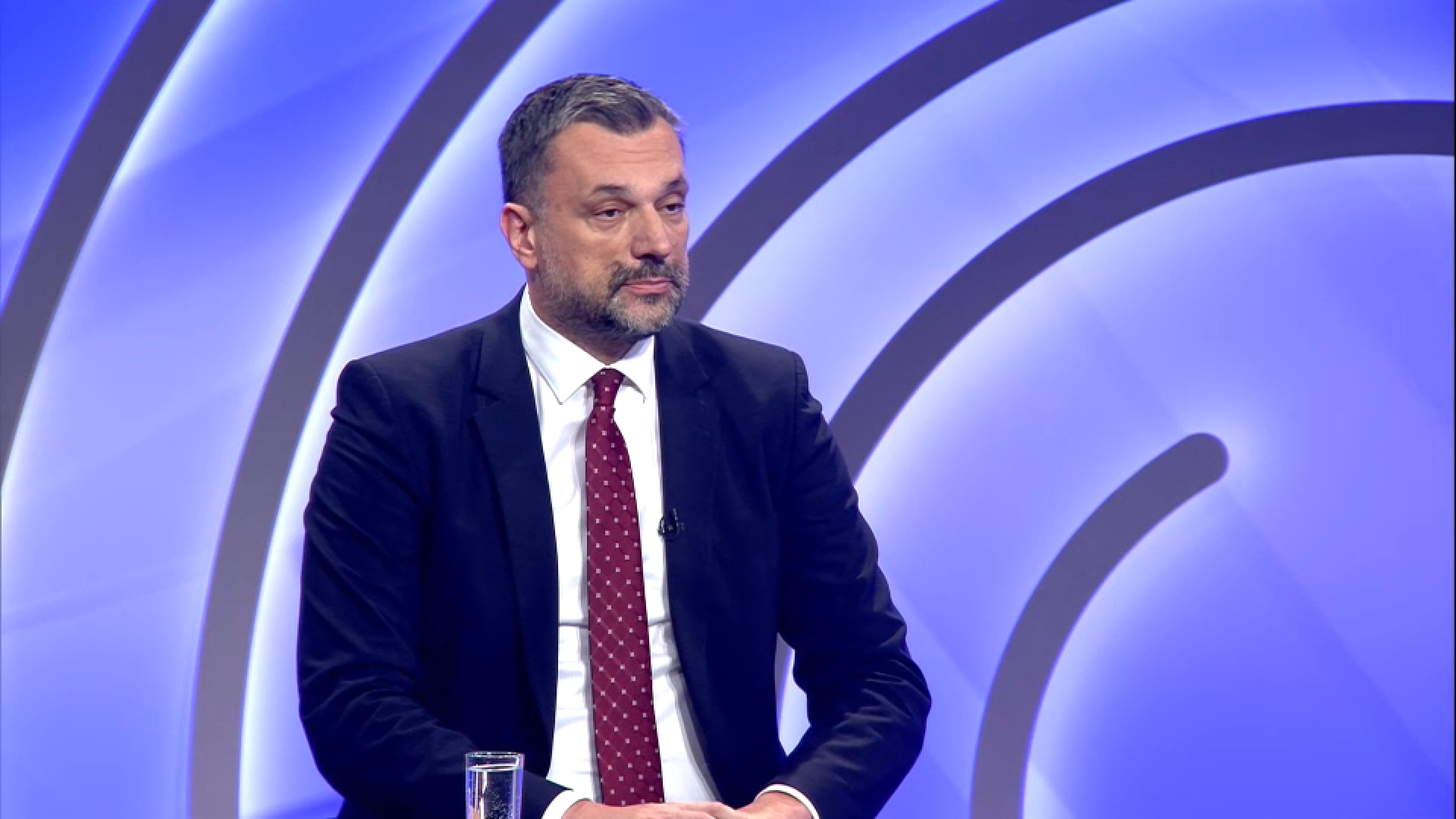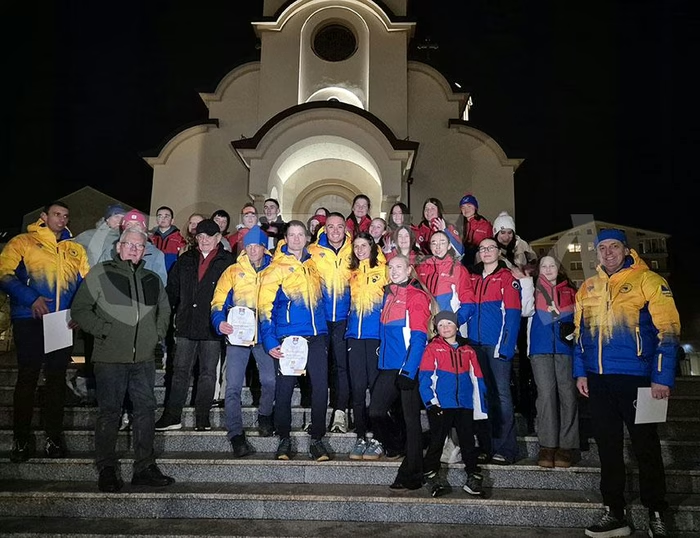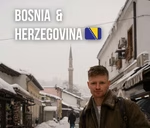
Bosnia and Herzegovina’s Foreign Minister, Elmedin Konakovic, addressed the devastating floods affecting parts of the country, expressing shock at the destruction and loss of life. He announced potential financial support from the European Union and other allies, emphasizing the need for coordinated recovery efforts.
“Unfortunately, we are witnessing a tragedy that has taken lives, and we can't bring those lives back. But we see unity within Bosnia and Herzegovina and support from many friends. Now, it’s our job to build the infrastructure to help those who have lost their homes and support families who have lost their loved ones,” said Konakovic, acknowledging the EU’s support, including 10 million euros from Croatia.
Konaković also commented on the quarry in Donja Jablanica, linked to the disaster as a potential cause of landslides that led to the loss of life. He emphasized the importance of letting experts determine the causes, stating, “We all see that the quarry was likely a critical factor. It is essential that experts investigate every detail.”
Regarding blocked riverbeds filled with debris, which contributed to the flooding, Konaković called for better management of river infrastructure, highlighting past efforts in Sarajevo. “It's the responsibility of local communities to maintain these areas. We have allocated funds for such purposes, and these efforts need to continue to prevent future disasters.”
Konakovic also addressed the political situation, particularly the ongoing blockade in the House of Peoples of the Parliamentary Assembly of Bosnia and Herzegovina, where delegates from the Bosniak Club have refused to attend sessions. This impasse relates to proposed changes to the Constitutional Court, which include removing foreign judges.
He criticized the approach of blocking sessions, suggesting a more strategic approach. “I believe the blockade is a mistake. Instead, we should have moved forward and seen if the HDZ would support such a flawed constitutional proposal. This way, we could expose their true stance,” he said, suggesting that it would prevent giving political opponents, such as Milorad Dodik, grounds for further obstruction.
Additionally, Konakovic addressed the importance of returning to European integration efforts, calling on all political actors to focus on the EU path for the country's future. He emphasized the need for cooperation, particularly with the EU's reform agenda, and highlighted the potential consequences of political deadlock.
“If we miss this opportunity, we risk further instability. It’s time for everyone—politicians, businesses, citizens—to push for progress. We have a chance to do much in the coming year if we put the interests of the citizens first,” he urged.
In his closing remarks, Konakovic addressed regional challenges, including the role of the Office of the High Representative (OHR) and calls for its departure from Bosnia and Herzegovina. He argued that Dodik’s actions are the primary reason the OHR remains, emphasizing that fulfilling certain conditions would lead to its exit. “If he wants a region without borders, EU membership offers that path. If he wants the OHR gone, he must meet the conditions. Solutions are on the table; now, he must show he is willing to take them,” Konakovic concluded.
Kakvo je tvoje mišljenje o ovome?
Učestvuj u diskusiji ili pročitaj komentare





 Srbija
Srbija
 Hrvatska
Hrvatska
 Slovenija
Slovenija



























































